Sony A7C II: 10 things you need to know about the powerful mirrorless travel camera
What’s new, and how does the A7C II compare to its predecessor?
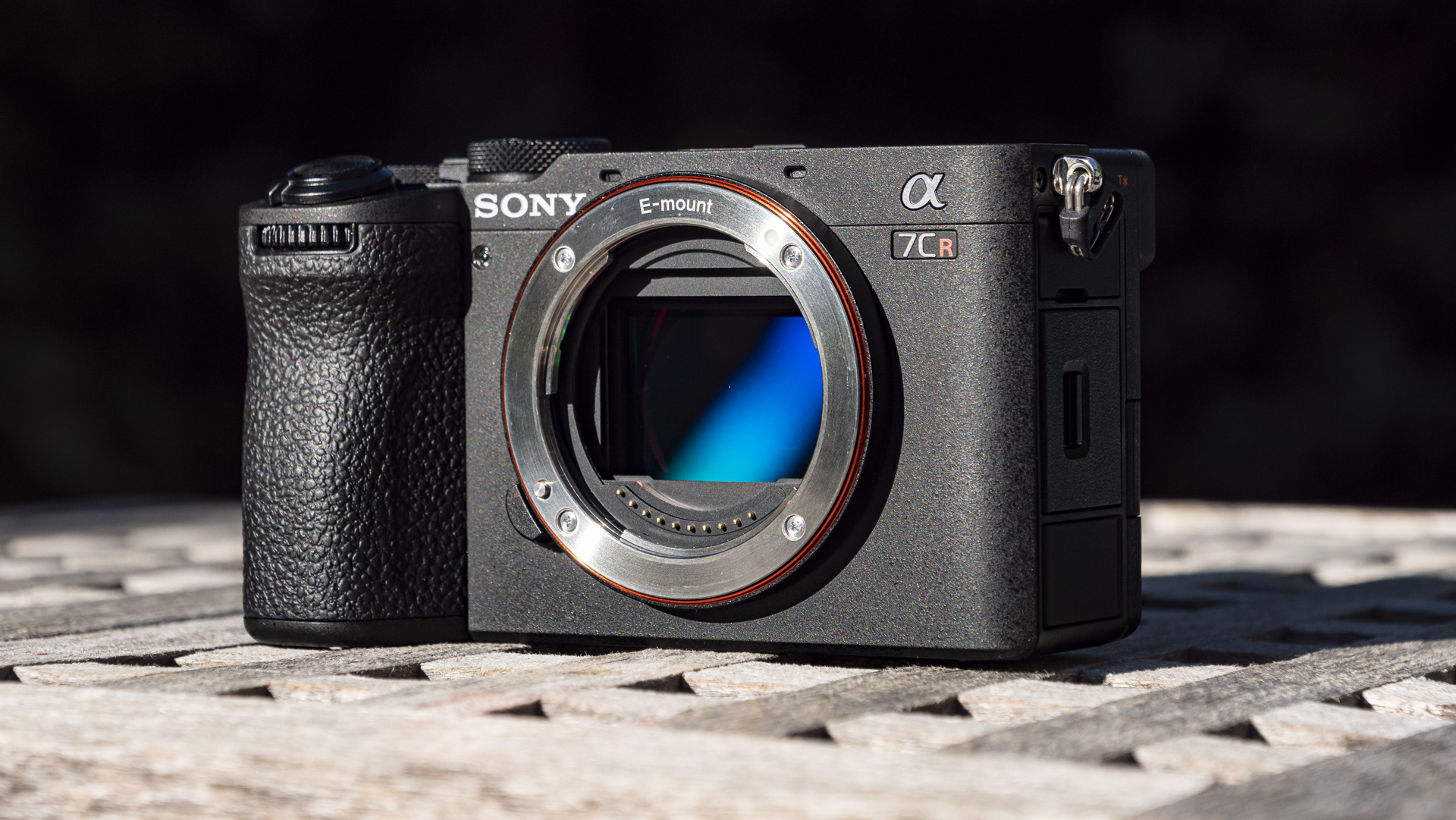
Sony has officially unveiled three exciting new additions to its Sony Alpha system: the A7C II and the A7C R full-frame mirrorless cameras, and the FE 16-35mm F2.8 GM II lens.
Succeeding the A7C, the A7C II sports a lot of Sony’s latest tech that's also found in the chunkier A7 IV, a camera that we rate as the best mirrorless camera for most people, in a more travel-friendly body.
There's also a high-resolution version of the A7C II, called the A7C R (pictured above). Sensor aside, the A7C R is otherwise identical to the A7C II, while the updated version of the 16-35mm F2.8 GM full-frame lens is likely to be of particular interest to professional landscape photographers.
We've already shared a full Sony A7C II review, while in this article you can see the key improvements over the A7C.
1. It inherits the Sony A7 IV’s sensor and processor
As a next-generation camera, the A7C II utilizes Sony's latest sensor and processor technology. Whereas the A7C inherited many of its key features from the A7 III, including a 24.2MP full-frame sensor and Bionz X processor, the A7C II takes a lot of its features from the A7 IV, namely its 33MP sensor and Bionz XR processor. That’s a decent leap in resolution and all-round performance, and elevates the A7C II above the (albeit limited) competition.
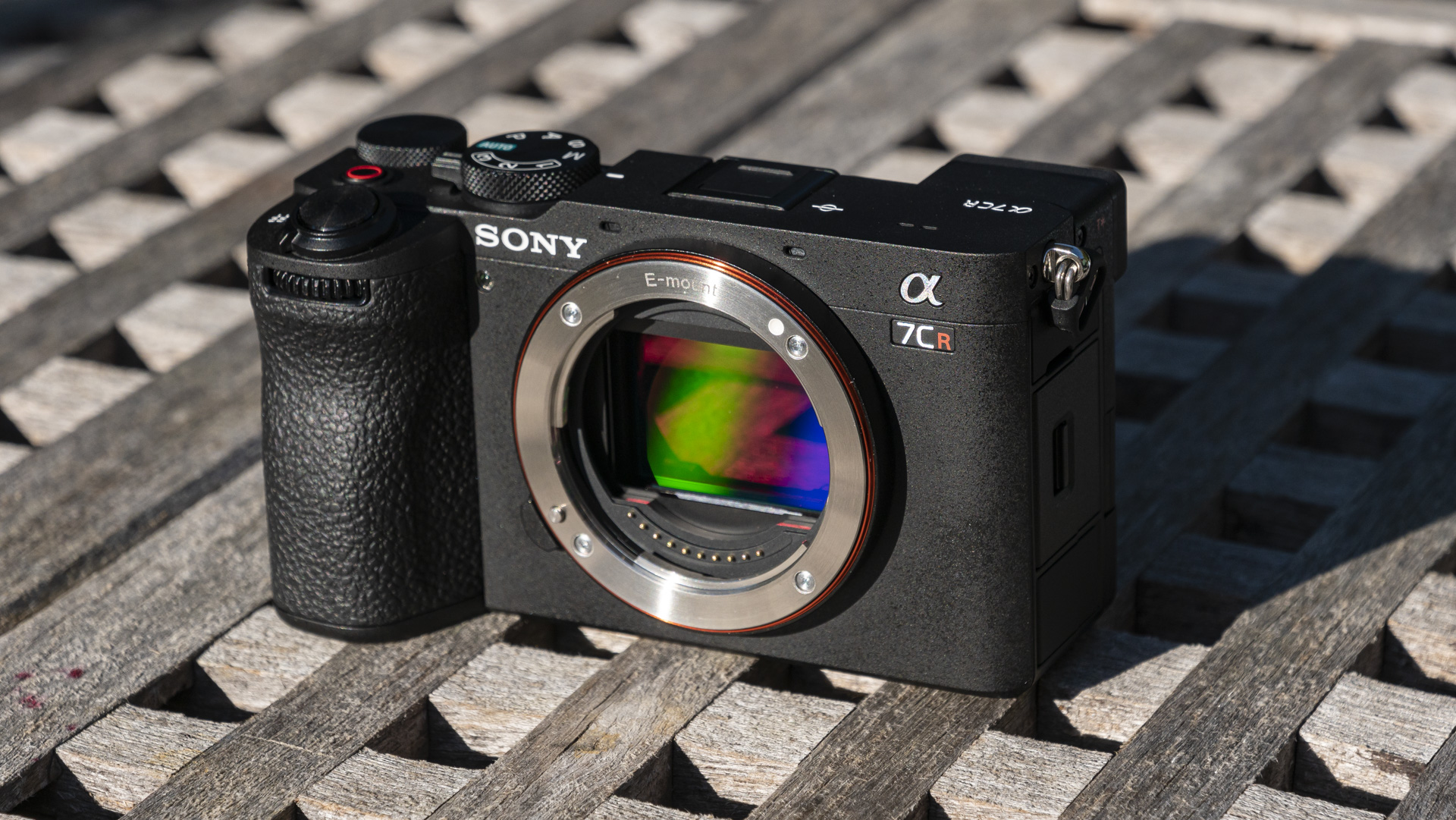
2. There’s a Sony A7C R, too
Sony announced the A7C R alongside the launch of the A7C II. The two cameras are identical in almost all respects, save for which full-frame sensor they use (and how each sensor impacts camera performance). The A7C II has the same 33MP sensor as the A7 IV, while the A7C R is a high-resolution version that's equipped with the A7R V’s 61MP sensor. There’s a big difference in price (see below) – a landscape photographer's tax if you will – and for the extra 35% outlay the A7C R also comes with the optional extension grip.
3. Better video performance
One of the attributes that made the A7C feel like an entry-level full-frame camera, even back in 2020, were its video image quality and features, and those relative shortcomings have been addressed in the A7C II. We now get 4K 30p, 10-bit 4:2:2 video oversampled from the 33MP sensor, plus 4K video up to 60 frames per second with a Super35 (APS-C) crop; the A7C was limited to 4K 30p 8-bit 4:2:0 video.
Get daily insight, inspiration and deals in your inbox
Sign up for breaking news, reviews, opinion, top tech deals, and more.
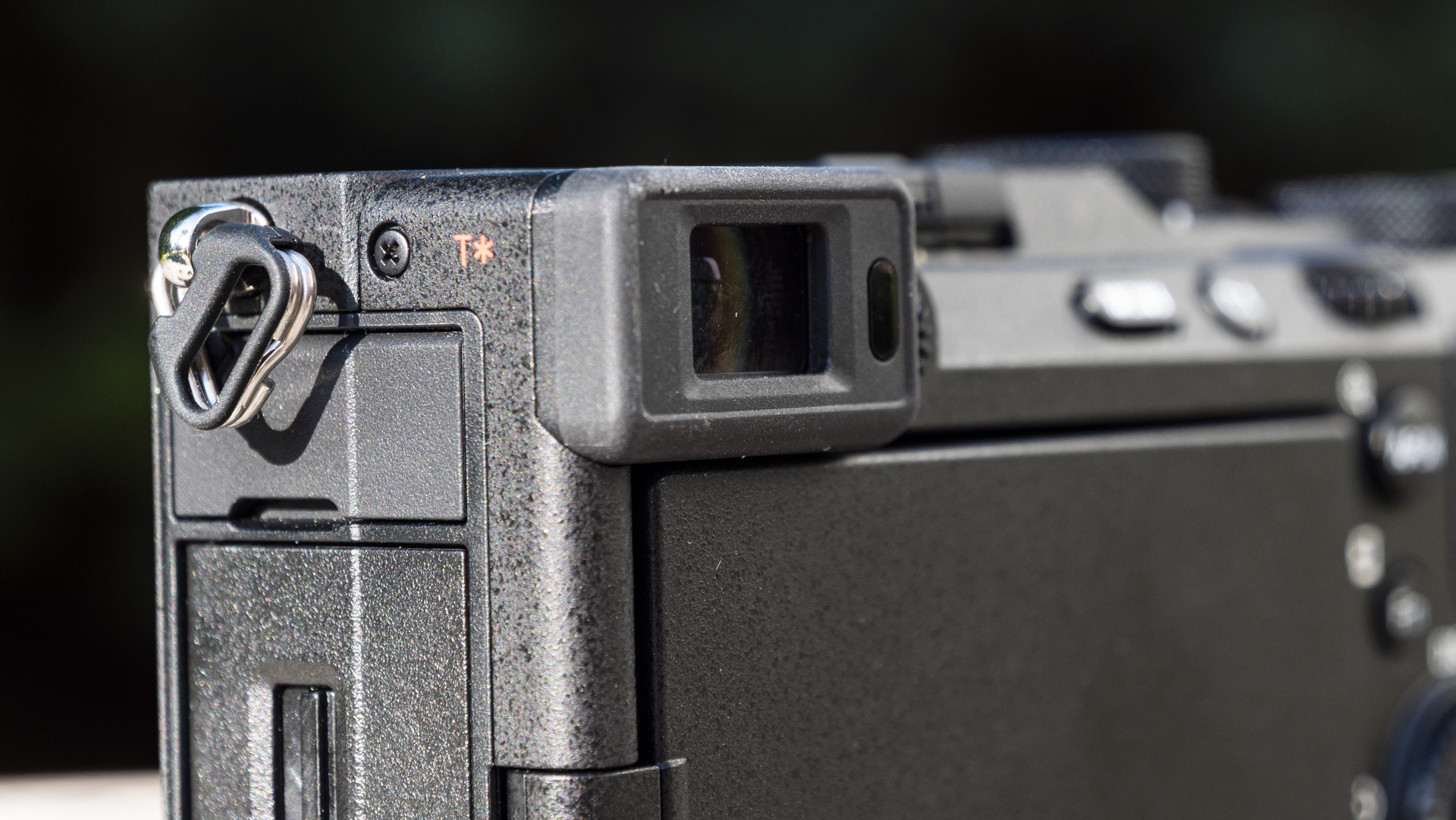
4. Tweaked EVF
We can predict the negative comments being typed in Sony forums about the A7C II’s viewfinder: “It’s 2023 and we’ve still got a 2.36m-dot EVF!”. Yes, the resolution of the EVF is the same as in the Sony A7C, and it came in for criticism even back then, but the 0.39-inch display now has a 0.70x magnification compared to the 0.59x magnification in the A7C, so crucially it appears larger this time around. That said, if you need the viewfinder a lot, the user experience is better with a physically larger camera like the Sony A7 IV that features a larger 0.5-inch display with 0.78x magnification and better eye relief.
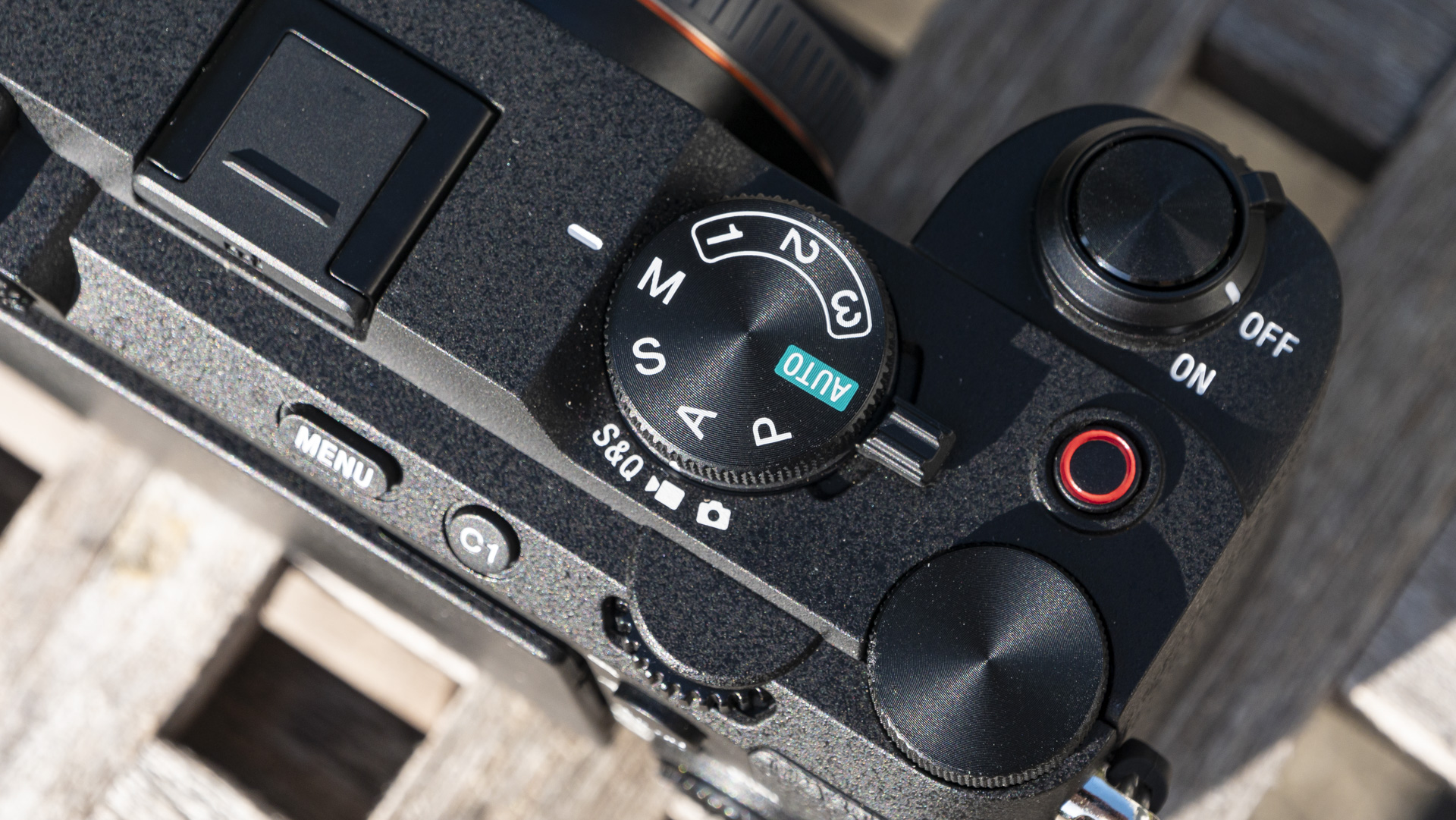
5. More control
On the outside, the A7C II appears largely the same as the A7C; its form factor; size and weight are virtually the same, meaning the A7C II is a compact mirrorless camera and set to become one of the best travel cameras. But it does come with extra physical controls, including a new front control dial that makes adjustments to exposure all the easier, and a photo/video switch.
6. Compromised battery life
For a compact mirrorless camera, the battery life of the Sony A7C is nothing short of outstanding, with a 740-shot life. The A7C II uses the same 2,280mAh NP-FZ100 battery, but while this beats the competition, it lands short of its predecessor, with Sony quoting a 540-shot life. This is no doubt down to the additional power demands of the high-resolution sensor and processing systems.
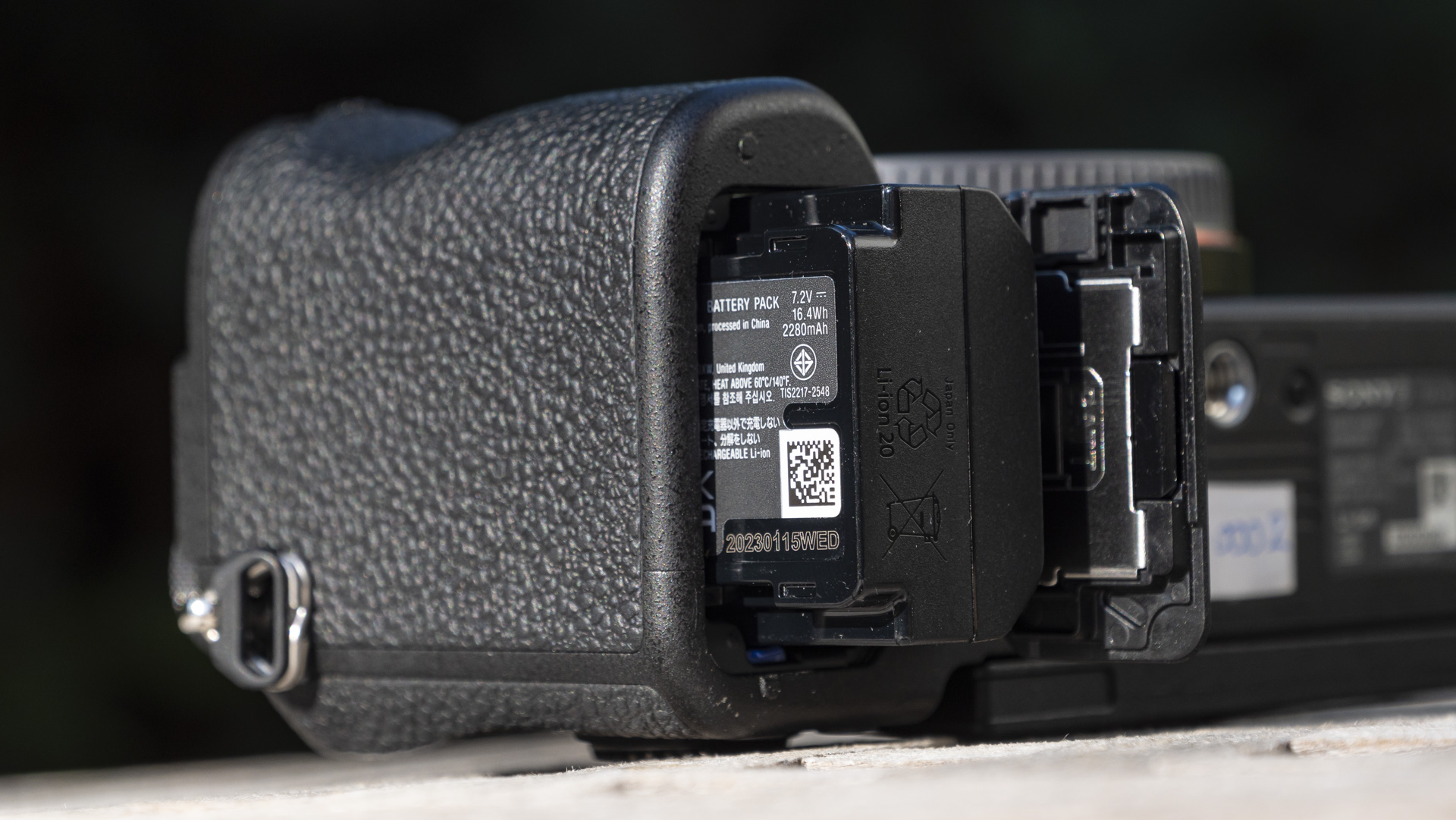
7. Improved buffer performance
One area where the latest Bionz XR processor has improved performance is for high-speed action photography. We still get 10fps in mechanical and electronic shutter modes – plenty enough for most photographers – but the buffer performance has been improved to offer what is in reality unlimited JPEG bursts – that is, up to 1,000 frames. However, switch to raw format and the shot count is limited to 44 frames.
8. AI-smarts from the ZV-E1 and A7R V
Any camera launched by one of the leading brands in 2023 is going to utiltize some kind of AI-powered tech, and the A7C II is no different. We get the same AI subject-detection tracking autofocus as in the A7R V, which means the A7C II is able to recognize more subjects than its predecessor and in more scenarios). We also get AI smarts from the Sony ZV-E1 – which is the best vlogging camera available – including Auto-Framing for video that automatically tracks a subject within a cropped composition. We went into more detail about this feature in our full Sony ZV-E1 review.
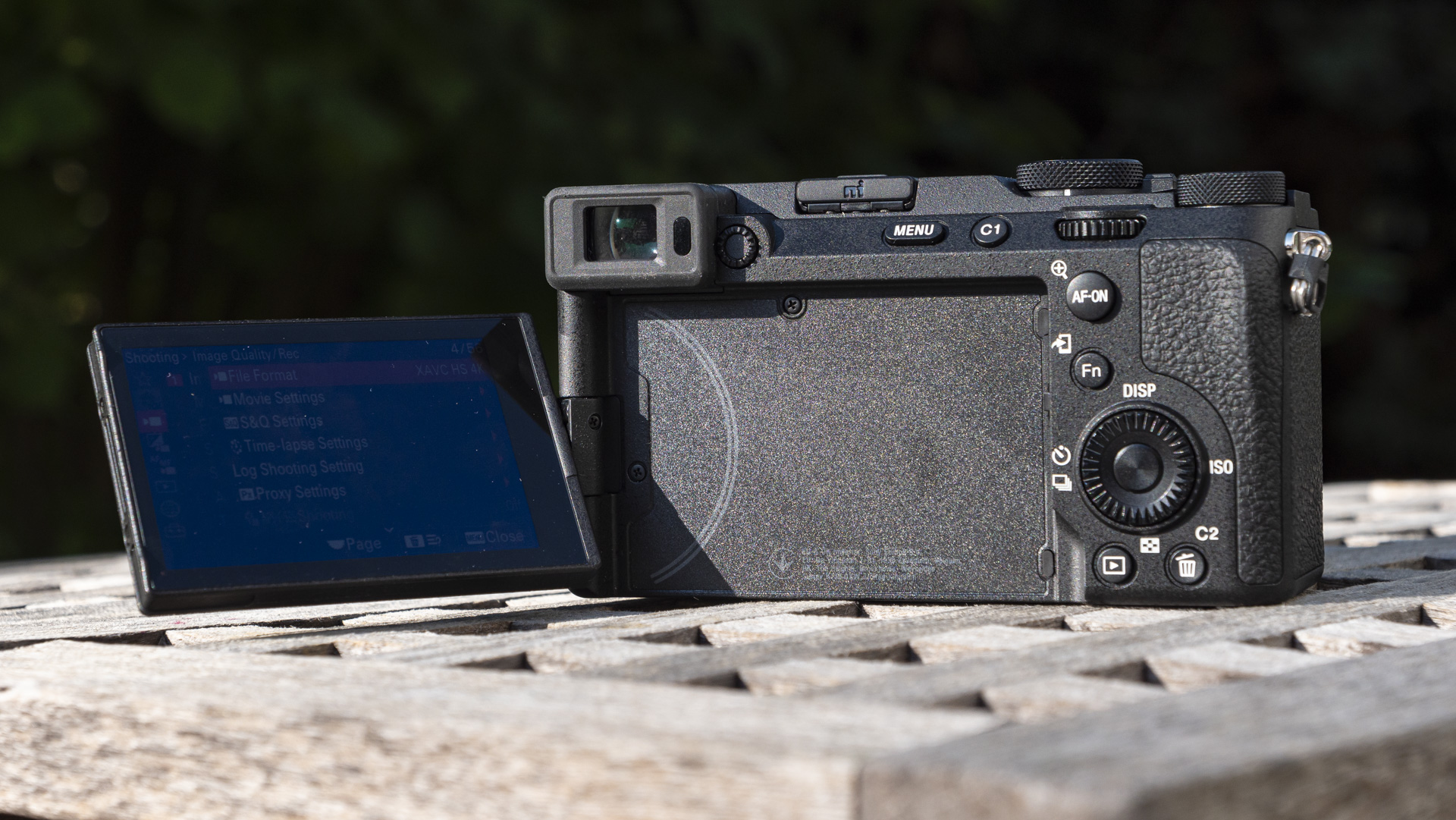
9. Back in touch
As in the Sony A6700, Sony has improved the functionality of the A7C II’s touchscreen. In addition to touch focus, the vari-angle 3.0-inch screen now offers touch menu control and touch icons with swipe access. While we’re on the subject of menus, the A7C II benefits from Sony’s latest UI, which is simpler to navigate than the dense menus in last-generation Sony cameras.
10. Price and release date
The A7C II will go on sale from mid-September, with a body-only list price of $2,200 / £2,100 / AU$3,499 in the US, UK and Australia. The A7C II is also available with the FE 28-60mm F4-5.6 lens for £2,400.
The A7C R has the same on-sale window, and is priced at $3,000 / £3,200 / AU$4,999. The optional grip, which comes in the box with the pricier A7C R, is available as a separate purchase with the A7C II, with the price also TBC.
You might also like

Tim is the Cameras editor at TechRadar. He has enjoyed more than 15 years in the photo video industry with most of those in the world of tech journalism. During his time as Deputy Technical Editor with Amateur Photographer, as a freelancer and consequently editor at Tech Radar, Tim has developed a deeply technical knowledge and practical experience with cameras, educating others through news, reviews and features. He’s also worked in video production for Studio 44 with clients including Canon, and volunteers his spare time to consult a non-profit, diverse stories team based in Nairobi. Tim is curious, a keen creative, avid footballer and runner, and moderate flat white drinker who has lived in Kenya and believes we have much to enjoy and learn from each other.